York University researchers have discovered a way to make lithium-powered batteries more environmentally friendly while retaining performance, stability and storage capacity.
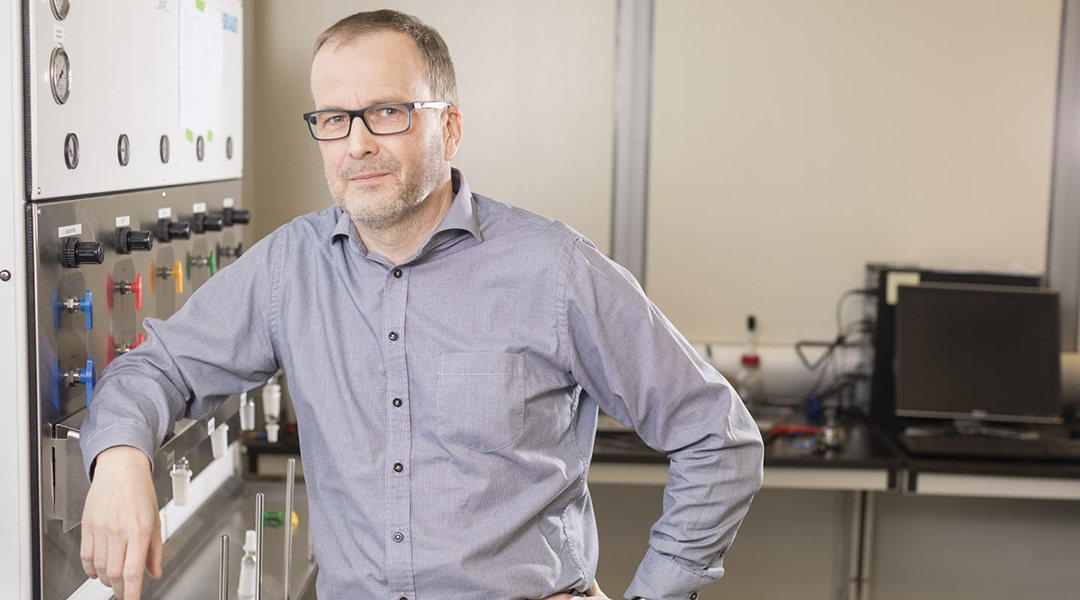

York University researchers have discovered a way to make lithium-powered batteries more environmentally friendly while retaining performance, stability and storage capacity.
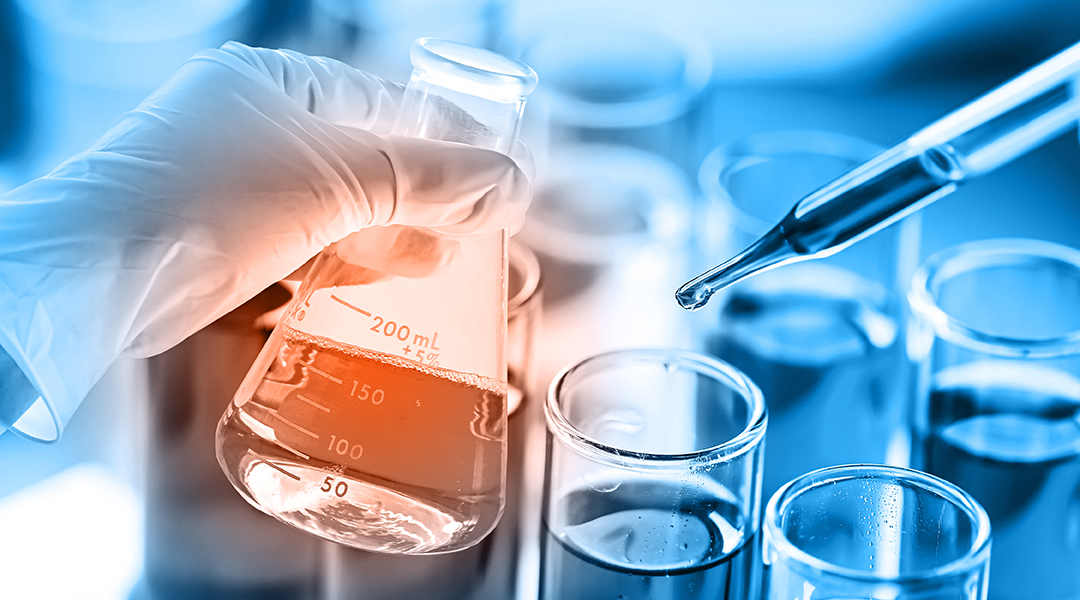
An automated microfluidics‐based reaction system provides hands-off synthesis for the modern lab.

The study takes advantage of a quirk of hydrothermal chemistry to suggest that the surface of Earth was likely covered by a global ocean 3.2 billion years ago.

Researchers say people’s lives are shortened by an average of nearly three years from different sources of air pollution

Researchers find an efficient way to convert nitrogen found in sewage into valuable ammonia.
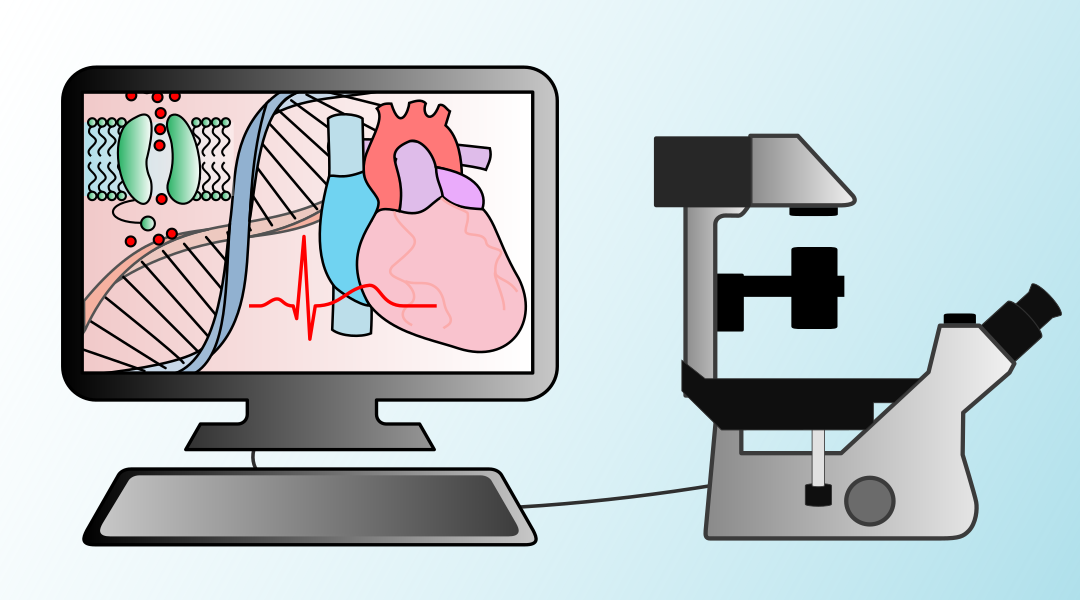
Cardiac models are becoming increasingly accurate as predictive power improves.

Researchers develop a composite membrane for long-lasting zinc-based flow batteries.

Researchers design a porous 3D graphene lubricant composite for harsh conditions and high loads.
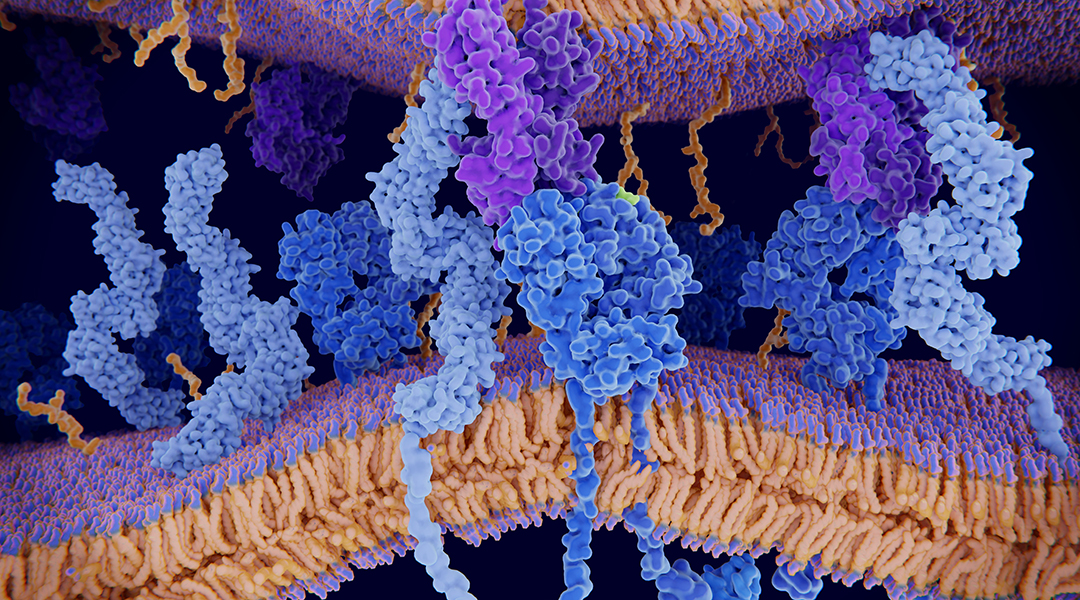
A new route to peptides containing cysteine sulfinic acid.
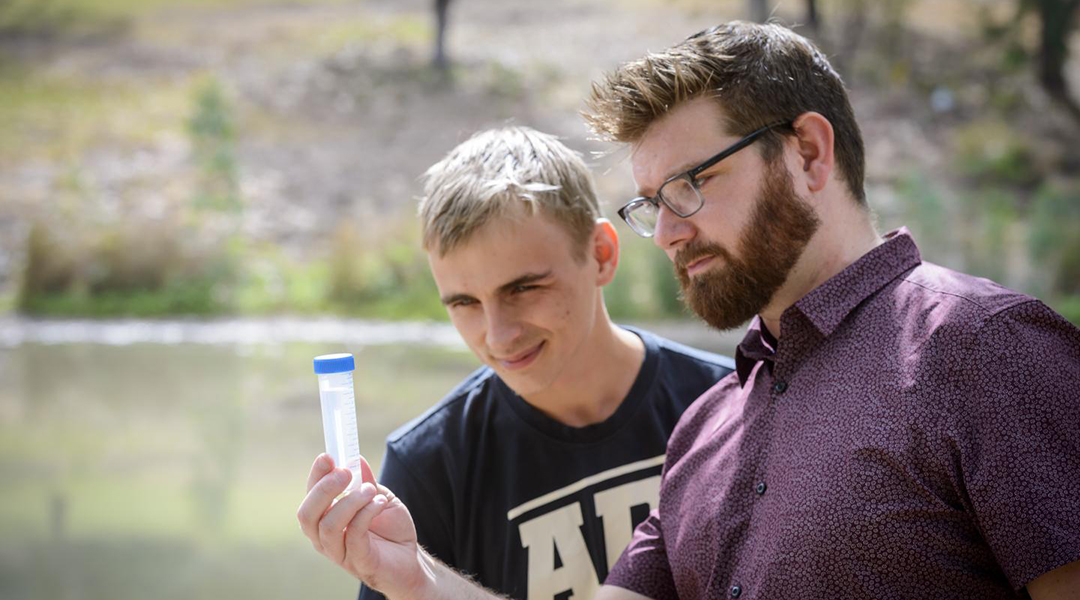
A new class of polymers to clean up mercury pollution that can be produced sustainably on a large scale from elemental sulfur and renewable plant oils.